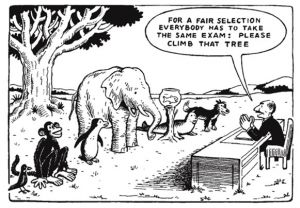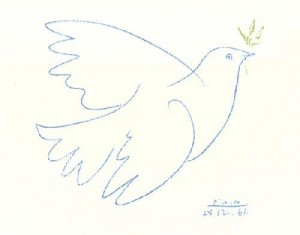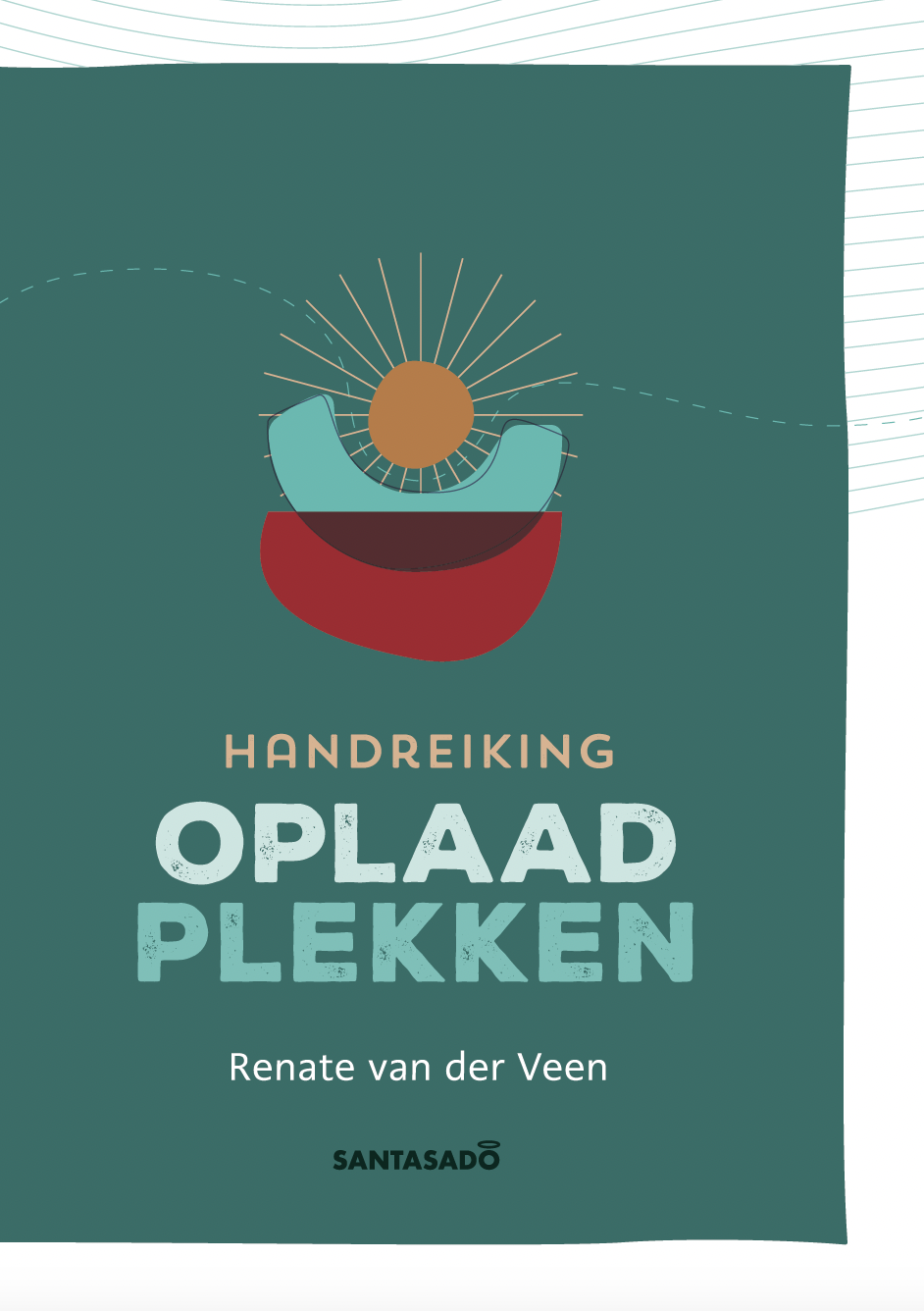 Assessments doen – en al helemaal een rollenspel – vinden mensen heel spannend. En dat snap ik wel. Want je komt in een situatie waarin je laat zien in hoeverre je feitelijke gedrag overeenkomt met je theorie over hoe je je zou willen gedragen.
Assessments doen – en al helemaal een rollenspel – vinden mensen heel spannend. En dat snap ik wel. Want je komt in een situatie waarin je laat zien in hoeverre je feitelijke gedrag overeenkomt met je theorie over hoe je je zou willen gedragen.
Niet zelden ontdekken mensen door de observaties die ze terugkrijgen, dat er licht zit tussen hoe ze zich gedragen en hoe ze zich zouden willen gedragen. Of zelfs hoe ze denken dat ze zich gedragen hebben tijdens een rollenspel.
Alweer ruim zeven jaar geleden overkwam mij dat. Het rapport van de observator was confronterend. In hevige staat van ontkenning leverde ik slag met haar via de mail over de conclusies van het rapport. Het deed mij onrecht, schreef ik. Ze zag niet wie ik werkelijk was. Wat ze had gezien kwam niet overeen met mijn theorie over hoe ik me gedroeg.
Nu krijg ik zulke mails en telefoontjes, omdat ik assessments afneem en daarover rapporten schrijf.
Dat was voor mij aanleiding om dat oude assessmentrapport – dat ik net niet had verscheurd – weer eens terug te lezen. En met wat schaamrood op de kaken, las ik in het rapport dat de zinsneden waarover ik heftig was gevallen toch iets bij me hadden aangeraakt. Ze schreef: “Gaat de confrontatie niet werkelijk aan”, “Is niet uit op draagvlak” en het ergste “Onvermogen om werkelijk contact te maken”. Ik ontdekte dat het benoemen van wat ze tijdens het assessment had gezien bij mij een ontdekkingsproces in gang had gezet.
Pas nu – na zeven jaar – kan ik zien dat ik met die drie punten aan de slag ben gegaan. Ik word steeds beter in het benoemen van mijn grenzen en – in het verlengde daarvan – mag van mezelf steeds vaker niet op draagvlak uit zijn. Maar “onvermogen werkelijk contact maken”. Wat zou ze daarmee nou bedoeld hebben? Ik weet dat ik makkelijk contact leg, dat mensen me snel vertrouwen en over wezenlijke dingen met me in gesprek gaan. Maar delen wat mijzelf ten diepste beweegt, dat doe ik niet snel. Een vriendin nodigde mij daartoe laatst heel expliciet uit en dat was fijn. Het is niet dat ik het wezenlijk niet wil of durf te delen. Het is meer dat ik de woorden niet kan vinden, dat het moment voorbij gaat of dat ik een vraag nodig heb om op gang te komen. Zou ze dat bedoeld hebben toen ze schreef over mijn “onvermogen werkelijk contact te maken”? Dat het niet wederzijds is, dat ik wel luister en vraag maar niet spreek en mijn diepste wezen onvoldoende aan andere mensen laat zien? Ik weet het niet en zij waarschijnlijk ook niet meer. Het rapport heeft destijds in ieder geval een ontdekkingsproces in gang gezet en daar pluk ik nu de vruchten van.
Dan terug naar de assessments van nu. Vandaag schreef ik weer een casus voor een rollenspel. Ik schrijf deze zodanig dat de kandidaat alle gelegenheid heeft te laten zien wat hij of zij in huis heeft. Niet om te tonen dat hij of zij het schaap met vijf poten is dat de werkgever zoekt. Maar dat de kern van wat nodig is voor de functie past bij de sollicitant en dat de kern van de sollicitant past bij de functie. En als ik na het rollenspel het assessmentrapport schrijf, zeg ik wat ik heb gezien. Niets meer en niets minder, ook al is het confronterend. Daar hebben de mogelijke werkgever en de sollicitant het meest aan. Ook al is de opbrengst misschien pas na zeven jaar waarneembaar.






